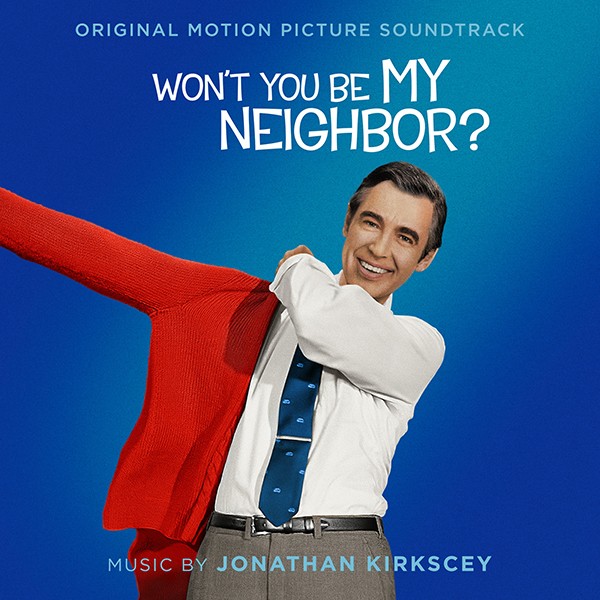The world of classical music evolved dramatically by the end of the 20th century, to a point where now, well into the 21st, traditional notions of proper music and genre boundaries have all but dissolved. No one in Memphis exemplifies the shift better than musician and composer Jonathan Kirkscey.
For years, music fans have known him as the city’s go-to cellist for bands and performers that want to expand their sonic palates. Aside from his regular work with the Memphis Symphony Orchestra, Kirkscey has recorded with everyone from soul giants like Al Green and Solomon Burke to indie-rock artists like Cat Power and the late Jay Reatard. And he’s honed his composition skills on soundtracks as diverse as Mike McCarthy’s Cigarette Girl, Robert Gordon’s and Morgan Neville’s Best of Enemies, and Neville’s recent Won’t You Be My Neighbor?, a new documentary on PBS icon Fred Rogers.
 IMDB
IMDB
Jonathan Kirkscey
While his work for the Emmy-winning Best of Enemies in 2015 garnered him the International Documentary Association’s award for best music in a documentary, Kirkscey’s latest score for Neville marks a new expressiveness in his work that may win him even more acclaim. Won’t You Be My Neighbor?, the soundtrack, is already available on streaming services and soon will be released as a vinyl LP. Add the critically acclaimed series of Mellotron performances he’s helped stage locally, as well as his frequent work with the new music-oriented Blueshift Ensemble, and you have all the trappings of a true Renaissance man of Memphis music.
Kirkscey’s well suited to genre-hopping. After taking up cello at age 6, he also dabbled in piano. “We had a piano at home when I was growing up,” he recalls. “Although I didn’t take piano lessons, I’d play it for fun.”
In his teens, Kirkscey played guitar. “I was into Metallica and Slayer and Helmet. Angry teenager music! Actually, I played in my first-ever band in high school with Hemant Gupta, who I still play with in Mouserocket. It’s not what people usually want me to do when they have me compose a score, but if they want me to write a song that sounds like Ministry or Metallica, I can do that!”

While that particular skill set wasn’t required for his Mr. Rogers project (though one can dream), the film did take him into new territory as a composer.
“Best of Enemies definitely had more of that Philip Glass or Steve Reich influence. But with Won’t You Be My Neighbor?, there’s a lot of emotional turns. So it wouldn’t work as well having a minimalist, repetitive thing going on underneath it. It needed to reflect those emotional shifts,” he says. “So there ended up being more twists and turns in the music. Morgan Neville pushed me to get more complex, harmonically. There’s definitely more chromaticism in this one. More modulating to different keys and exploring different harmonic areas.”
In layman’s terms, it translates into some truly poignant passages that reveal the inner, darker moods of television’s favorite toddler-positive persona.
Such success seemed unlikely when Kirkscey got his first soundtrack job. “Cigarette Girl was the first film I scored. I wasn’t really a composer at that point, but I played in a band with Mike McCarthy, the director, called Fingers Like Saturn. He mistakenly thought that I was a composer, because I had done some arranging for string quartets. I really didn’t know what I was doing, but I just said yes and hoped I would figure out how to do it. It was very stressful, but as hard as it was, it made me want to do it more. It really inspired me.”
Kirkscey is staying busy. There are more soundtracks to tend to, mixes of his live Mellotron recordings with Robby Grant, Pat Sansone, and John Medeski to supervise, and performances of music by John Cage and others to rehearse for this weekend’s Continuum Music Festival. (Hear Kirkscey discuss the festival in the video clip below).
Jonathan Kirkscey: Memphis Music’s Renaissance Man
The festival, enthuses Kirkscey, is indicative of a nationwide sea change in musical tastes. “There’s a different attitude among the younger generation of classical musicians. They’re a lot more open to playing music from other genres, and there’s been an explosion of new music ensembles in the U.S. in the last 20 years. If you want to breathe life into a genre, you gotta perform new music.”